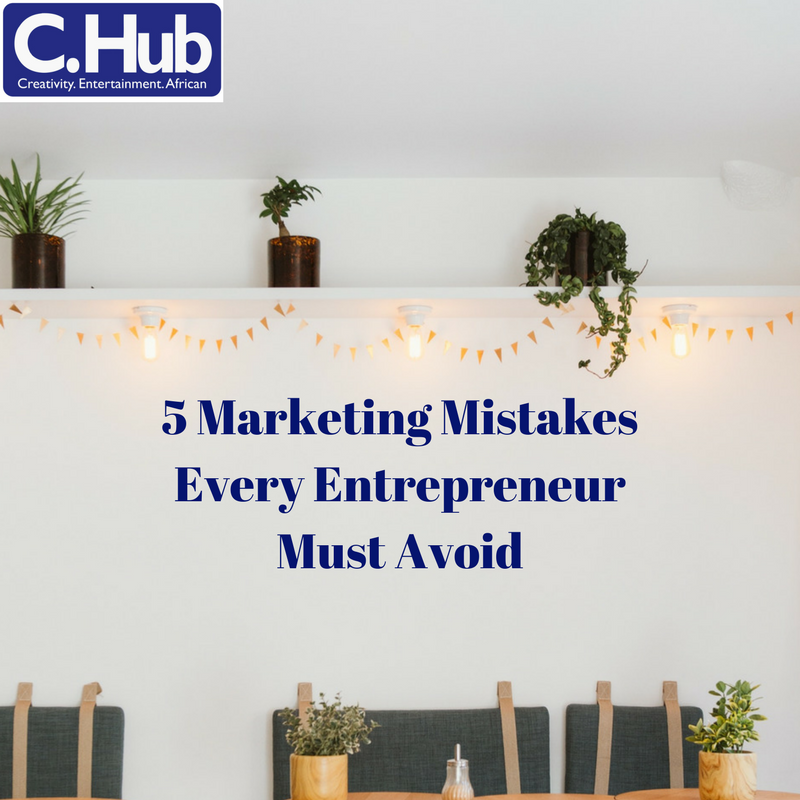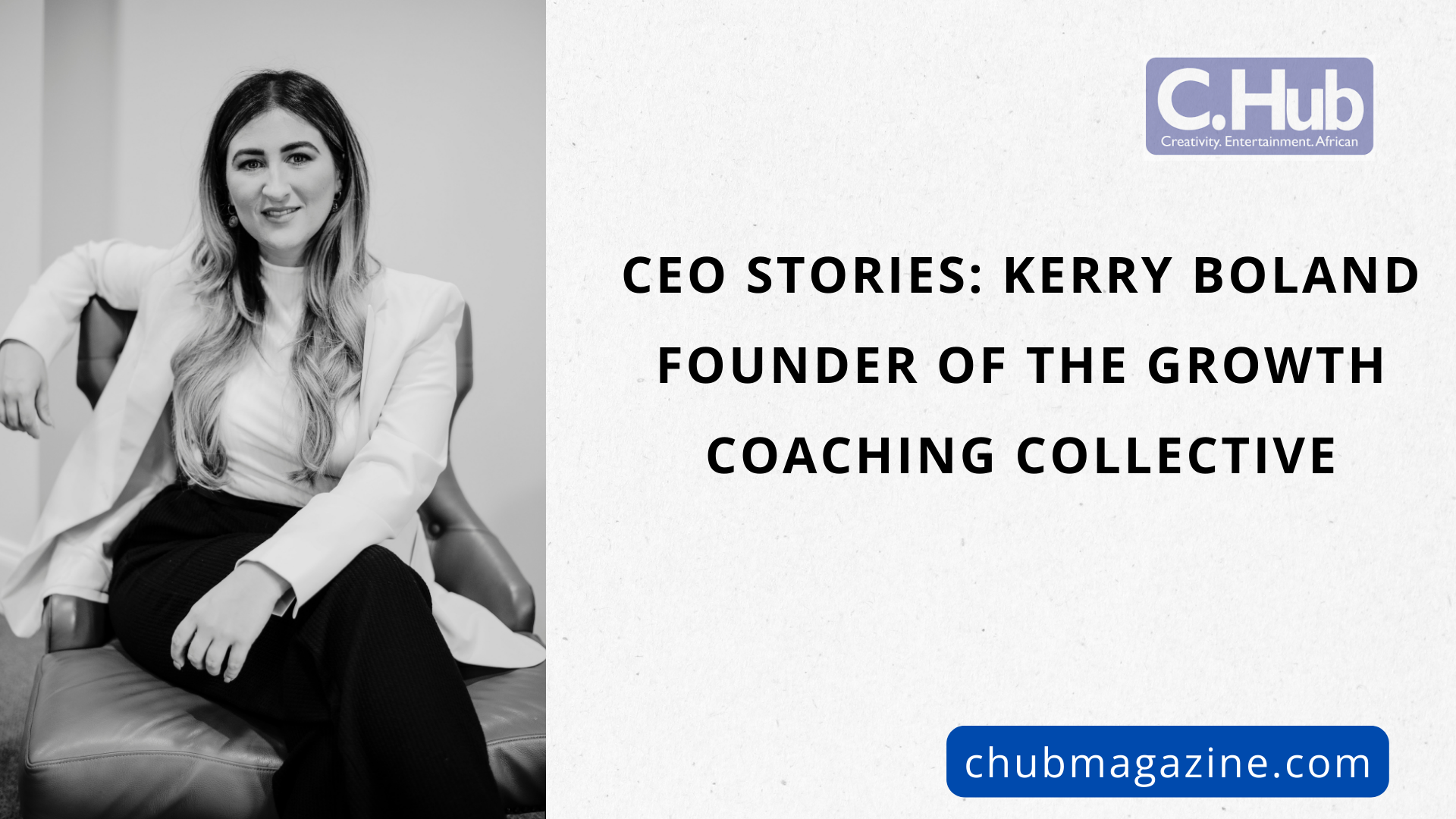
Entrepreneurship has become a buzzword, more like a trendy title for everyone. More and more people prefer to work for themselves either as freelancers or starting up their own businesses and working for themselves, which may be a great idea. Unfortunately, however, what is rarely said or shown are the real challenges entrepreneurs face in the process of growing profitable and viable businesses.
Although motivational speakers and social media tend to gloss over and over hype the success rate, Office For National Statistics paints a different picture. According to ONS, only 45% of UK businesses make it to their 5th year.
Several reasons may be responsible for the failures we see in businesses, including, lack of cash flow, access to funding, market saturation, competition, personal problems and of course some fatal mistakes from the entrepreneurs themselves can rock a well-thought-out and planned business.
Interestingly, there is no hard and fast rule to succeeding in business and there’s no perfect blueprint that will point you to success. But, start-ups can at least learn from mistakes of other entrepreneurs how not to repeat the same mistakes or see if they can use their formula for getting out of the trap.
In this article, we take a look at mistakes entrepreneurs have made that nearly rocked their business in their start-up stage which start-ups can learn from.
1. Engaging Time wasters.
Lucia Knight founder of Midlife Unstuck –
Mistake: Thinking I had to spend time networking face to face. I wasted time travelling to initial coffee meetings, having coffee and getting home from meetings most of which were not at all useful. Advice to start-ups: Be super selective. Do ALL first meetings via phone or video and limit to 30ins max. You can do 5 of these in the morning and then decide whether a face-to-face meeting is worthwhile.
2. Taking on too Much and lack of delegation.
Rebecca Newenham founder Get Ahead VA
Mistake: I was taking on too much and trying to do it all myself. Aiming to be superwoman!
Advice to start-up: Don’t be afraid to ask for help and build a support team around you right from day one. Other people can add real value to your business and enable you to achieve more than you can on your own. Your support team is an asset and investment, not a cost.
3. Overhead Cost/Trying to look bigger than actual size.
Karl Cowell founder JK Online
Mistake: We moved into an office too early and took on overheads we couldn’t really handle to make us look more professional.
Advice to start-ups: We got a Virtual office and used a co-working space now which reduces our outgoings and also doesn’t skimp on professionalism.
4. Lack of adequate schedule
Joan Strachan founder of Joan Strachan Social Media Mentor.
Mistake: I worked extremely hard and every minute spare building my business resulting in me constantly being on my phone at any given opportunity. My marriage nearly ended in divorce due to my lack of family/work time distinction. We had 3 children in one year so life was busy but I was very determined to make a success of my business.
Advice to start-up: My advice to anyone starting up their own business is to ensure that you establish a separate family and work time from the beginning. Engaging in the odd power hour or even setting the timer for 15 mins can work wonders for action taking! Ensure clear boundaries are set and discussed upfront. Make sure your partner is aware of just how important succeeding with your business is to you and why.
5. Unnecessary Loan
Carly Thompsett founder of Anaphase Store
Mistake: taking too much money at the start that I didn’t need – £4,000 and it screwed me over having to pay it back. Advice to start-ups: Don’t take an amount of money you don’t need. Only buy the things you really NEED otherwise you’ll be spending your time and money paying it back. This could be your make it or break it situation.
6. Lack of Social Media Marketing Strategy
Kayley Toyer founder of That Content Concept
Mistake overlooking key advertising strategies such as Pinterest and not researching each social media type separately and instead of thinking the same approach could be used across all areas.
Advice to start-ups: research, research and research some more!
7. Over-Reliance on a Few Clients.
Hayley Parker founder of Flame Marketing LTD
Mistake: building my business on a couple of key clients and becoming too reliant on them.
Advice to start-ups: Make sure when starting out that you try to spread your earnings between multiple clients and not become overly reliant on one or two larger clients. Also, make sure you don’t undervalue your skills when starting out.
8. Lack of Trust, Value and Focus.
Mahmood Reza founder of Pro-Active Resolutions
Mistake: I started out over 25 years ago and have made several mistakes. Top 3 are misplaced trust, doing work with no real value, wobbly focus. Advice to start-ups: Put your focus in 1% inspiration, 99% perspiration, cash flow plan, stick to being a decent trustworthy human. – These got me through.
9. Lack of Record Keeping
Teresa Bulford-Cooper MSc Founder of TBC Training & Coaching
Mistake: My big mistake ( amongst many) was not keeping receipts for purchases and getting a visit from HMRC. Scariest thing as they have so much power! Advice to start-ups: Keep your records up to date and make sure your receipts are adequately filed and kept.
10. Stretched Budget: Working with Overwhelm
Denzel Matsaudza founder Like-Minded Living
Mistake: In the first two years of my entrepreneurial journey, my business was a subletting company, which meant I was responsible for paying the rent on all managed properties even if they didn’t have tenants. Innately, the pressure was high every month to ensure that the rent is paid on time, on top of meeting wage demands and managing a marketing budget, at this point, we had no external funding. If I sustain my long-term objectives I may not be able to meet the short-term demands and; if I take the short-term view I may end up damaging the company in the long run. At the time I thought the answer was to pick the lesser of two evils, as I went into survival mode – this was completely the wrong way of looking at the problem.
Advice: The truth is, the potential to fail exists everywhere, all the time. Failure exists both in the long term and in the short term. Remind yourself to take time, pay attention and put effort into individual tasks. These steps made my past feelings of anxiety subside to having a healthier decision-making process. Consider partnering with a more established business and vastly cut down the number of responsibilities to take on for your clients.
Remember, everything is significant, even the small stuff. An eye for the smaller details greatly adds to your foundation, and as you start to take notice of the smaller details, you may find you start becoming more aware of things you previously would have never noticed. The main reason as to why I could never pay attention to detail in the past was because I struggled with seeing the significance of the small things, and I underestimated their importance to the overall big picture.
Bonus: Building on the wrong team or network.
Having worked mostly with women in the years of building my business, one slogan you’re always going to hear is – “building a tribe of women”. As much as it’s important to have a solid support network and team, you must be careful not to surround yourself with a crowd that has no true value to your business. Having the right people is key and the right people are always rare to find. Be clear with who you want and or need, why you need them and stick to that with your ‘tribe of women’. Your network should be able to support you in one or more ways: get your back, be willing and happy to share your business as they are your mouthpiece, should be able to buy from you or refer others to do so. Your network should be able to help you raise fund, lend you money, point you to the best possible ideas and help you go through ideas etc. If your network is unable to do at least of the above, they should not be around your business.
To avoid certain common business errors, start-ups and entrepreneurs need to always update their knowledge, learning soft skills such as Negotiation and emotional intelligence. They must see their payments for learning as an investment, not expenses. On 25th August, I’ll be holding a live webinar on Negotiation. There’s limited space for only 10 participants. Click here to book.
Have you been in any of the rocking boats? Share your story in the comment section














Comment